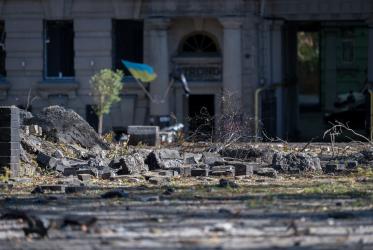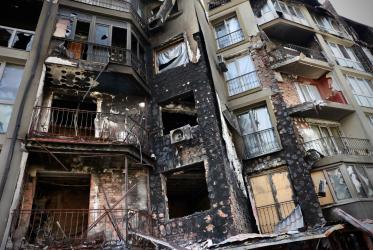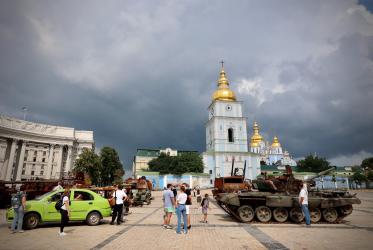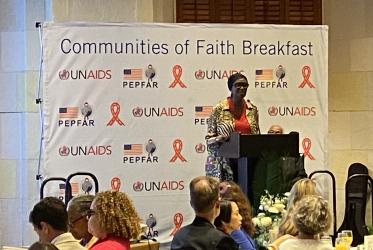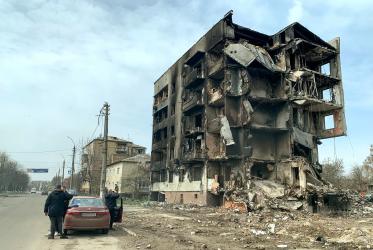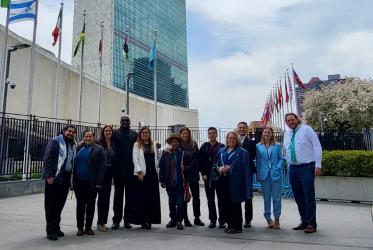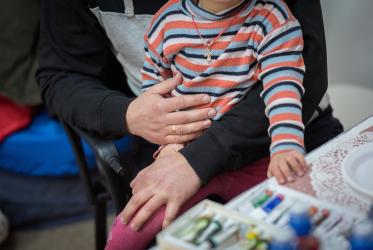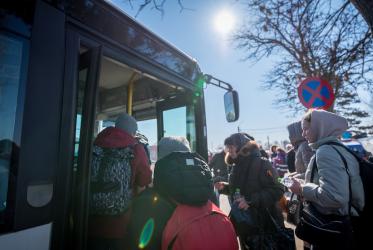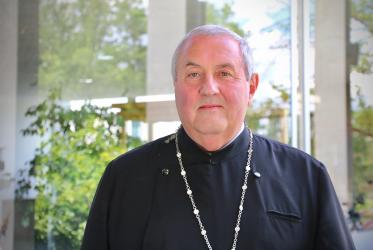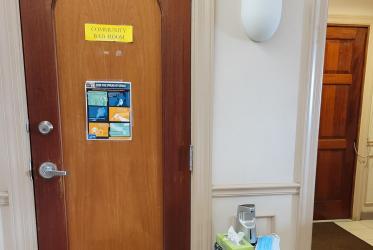Displaying 21 - 40 of 181
16 January 2023
Ukraine: Responding to humanitarian need
08 September 2022
WCC calls for an immediate end to the current armed hostilities
24 February 2022
WCC gravely concerned for people of Ukraine amid escalating tensions
22 February 2022
“Bathroom ministry” for the homeless
14 December 2021
